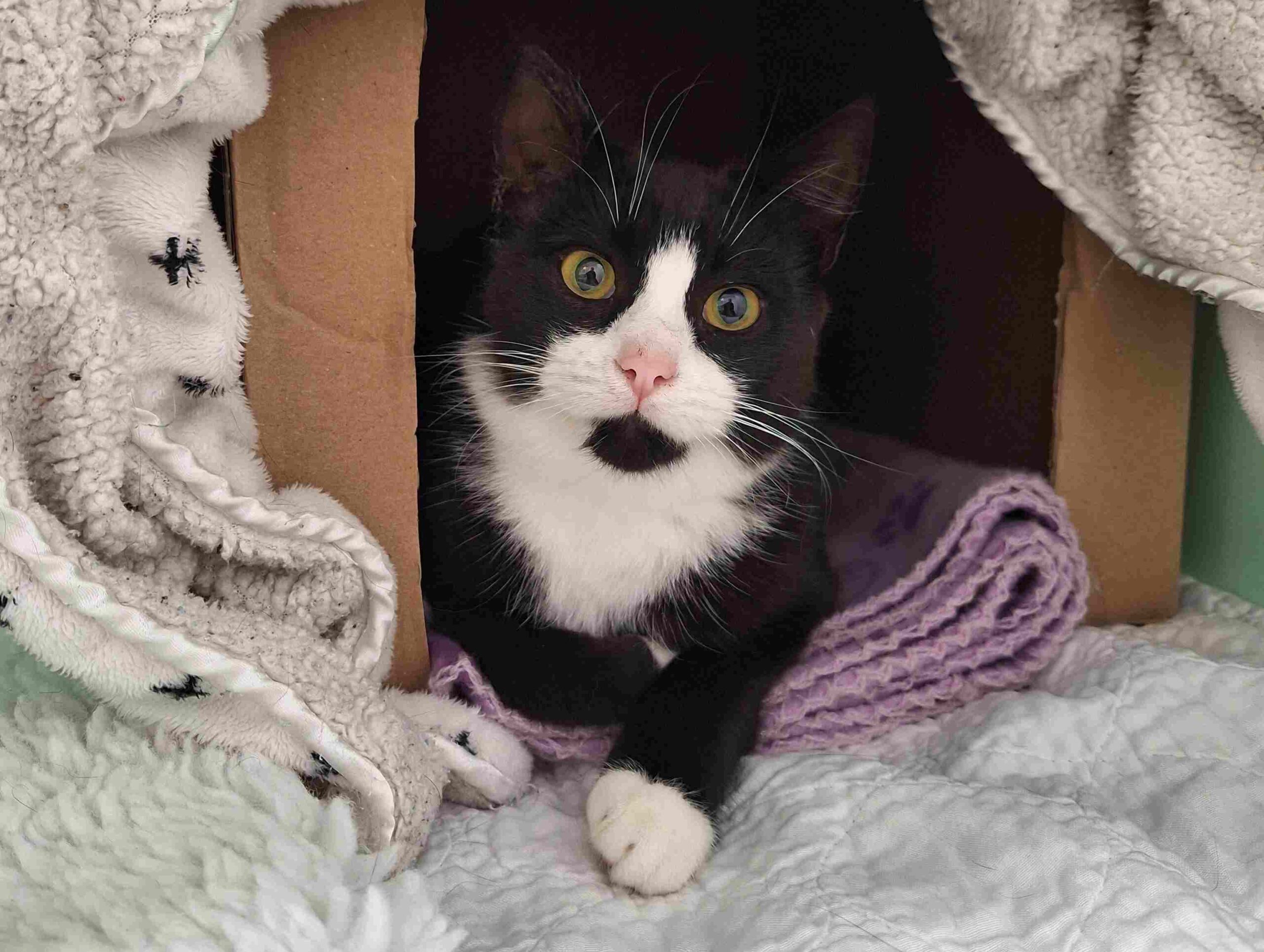ADVERTORIAL
Meet Mitzie, an eight-month-old kitten. Mitzie is a frequent flier at Anexa Te Kauwhata and has been from a young age, all due to her ongoing ear troubles.
Mitzie is only a young cat but due to some unusual features of her ears (likely present since birth) she has been very prone to ear infections for several months now. Her owner notices that she shakes her head and that she smells bad when an infection is present. Luckily for Mitzie she is always brought in for treatment when she needs it.
Most recently, Mitzie had to go and stay at the vets for a whole day and be sedated to have an inflammatory polyp removed from her ear. These polyps can develop because of infection with cat flu, and can be responsible for ear infections also.
Mitzie will likely have ongoing ear issues throughout her life. Most cats are not so unlucky, but this does not mean that they never suffer from ear infections. Most ear infections in cats are due to ear mites. Ear mites are nasty little creatures that are very contagious in cats and dogs. To prevent ear mite infection, keep your furry friend up to date on a high-quality flea treatment (ask in clinic).
Other things that can cause ear infections in cats include allergies (to food or environment), things getting stuck in the ear (such as grass seeds), and illnesses affecting the cat’s immunity.
The most important signs to watch out for in your cat are itchiness around the head or frequent headshaking, a bad smell coming from the ears, and brown, black or yellow discharge inside the ear. If you see any of these symptoms try to get your cat into a vet clinic, as ear infections are uncomfortable and unpleasant for cats to put up with.
In clinic your cat may need its ears cleaned out and then may require a treatment to be applied to its ears for a week or so, depending on the type of infection present. In most cases this will stop the symptoms and infection won’t come back any time soon.
– Supplied by Poppy Brydon, Veterinarian, Anexa Vets





